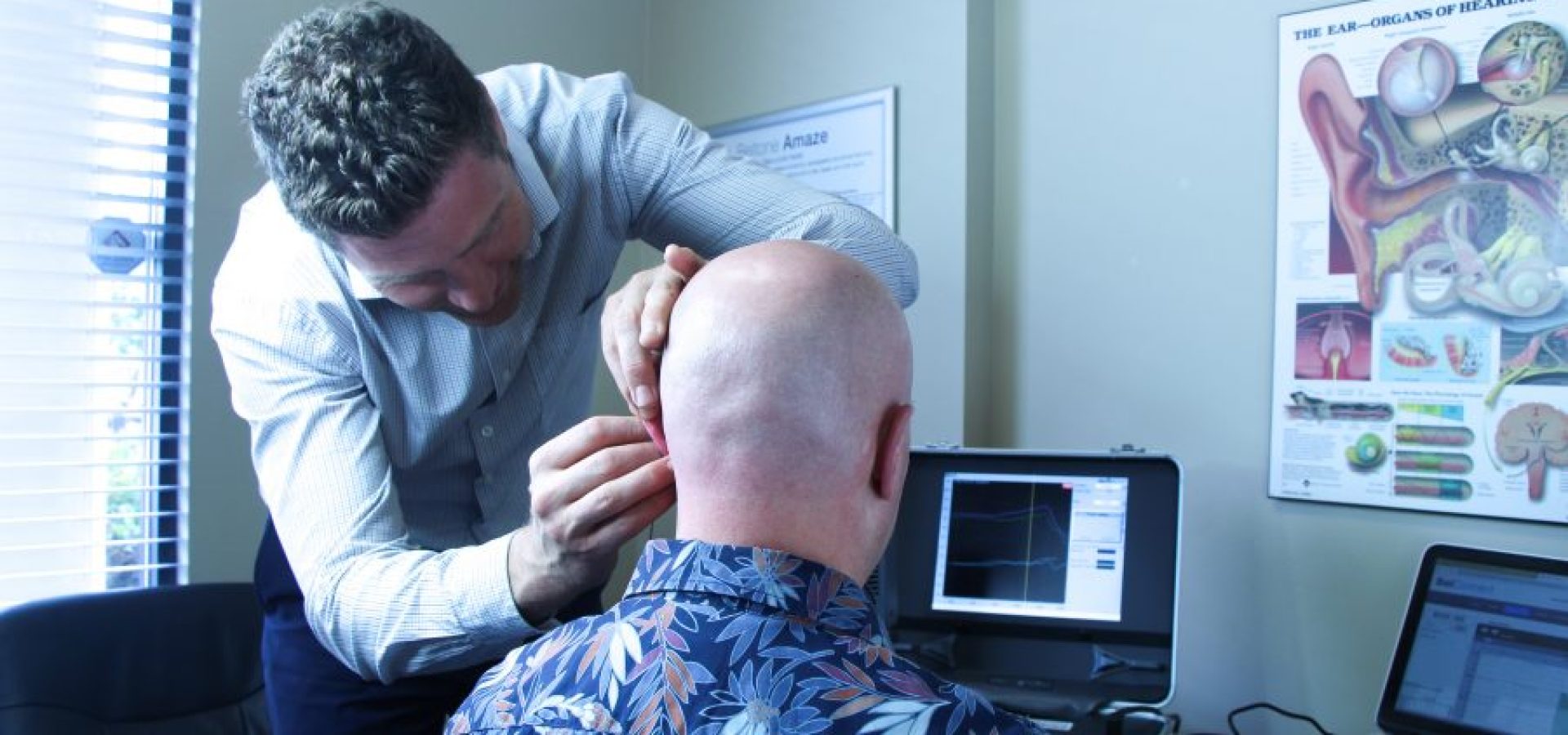Menu

When you can no longer hear well on your own, having hearing aids can make a world of difference as it is crucial in amping up sounds you used to have difficulty catching – be it ringing phones, conversations, street noises, or bird songs.
However, it can take some time to adjust to the onslaught of sensory impressions, including the physical sensation of having the actual device in your ear for the better part of the day. This can be especially challenging for first-timers, however, there are easy-to-do tips that can make the adjustment period as smooth as it can be.
After all, once you get past the initial discomfort, it’ll be more difficult to separate yourself from your hearing aid ever again!
What to expect in the first few weeks?
There are various levels of severity of hearing loss; to some, certain sounds may just be muffled, while others may find it difficult to pick out particular sounds such as whispers, doorbells, high-pitched or low-pitched frequencies, birdsong, and more.
A hearing aid will help balance your hearing and change your pattern of sound perception, which can make everyday noises such as your voice, for example, louder than what you are used to. Not to mention, certain sounds may seem different after wearing a hearing aid due to your newfound ability to pick up all the full range and correct nuances of a particular sound, so there’s no need to be alarmed when that happens.
During the process, it will take some time and effort before you can fully adjust to the surge of acoustic stimuli around you. In that regard, below are some things you can do to make it easier.
Tip #1: Wear Hearing Aids at Home First
As mentioned above, hearing aids will help you pick out the full range of sounds and amplify its volume, making it a rather overwhelming experience.
On that note, it’s important to work your way slowly with getting used to the new sounds such as relaxed environments like your home.
Focus on one-on-one conversations or listen to the typically quiet sounds within your home, such as the sound of someone cooking, phones ringing, television set to a lower volume, or anything that sounds safe and manageable for your sensitive hearing. Try to read aloud, talk to your pet, or engage in relaxed conversations to get used to hearing the sound of your voice as well.
Tip #2: Set Objectives and Practice
It’s best to work your way with unfamiliar sounds slowly and purposely. On that note, to be successful in your adjustment period, try to give yourself homework by practising with your hearing aids and using them to identify or locate the source of sounds in the environment.
You can also ease your way in by listening to audiobooks, radio, or music, though be sure to set it at the proper volume to keep yourself from becoming overwhelmed.
Tip #3: Take Breaks
The adjustment period will be similar to retraining a long-time, unused muscle – it will be difficult and tiresome. In that regard, be sure to take it step-by-step and take a break every few hours in a day. Do so for a few days before lowering the number of breaks in between until you gradually reach a stage where you can fully wear hearing aids comfortably.
If you’d like to check the conditions of your ears, come on down to Fraser Valley Beltone today! We provide extensive & affordable hearing tests in Langley, BC. Get in touch today to book your appointment.
Share Post
Facebook
Twitter
LinkedIn
Email
Reddit
Pinterest
